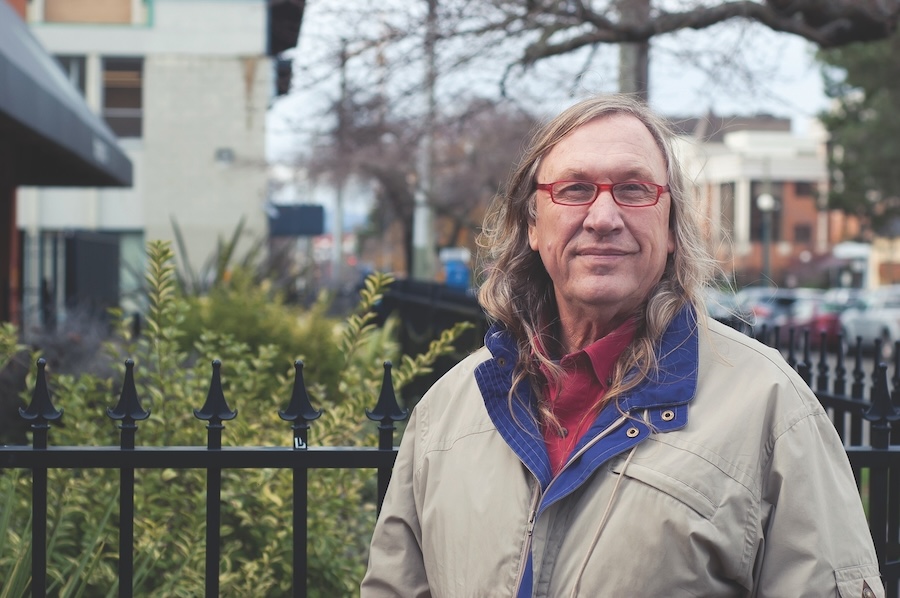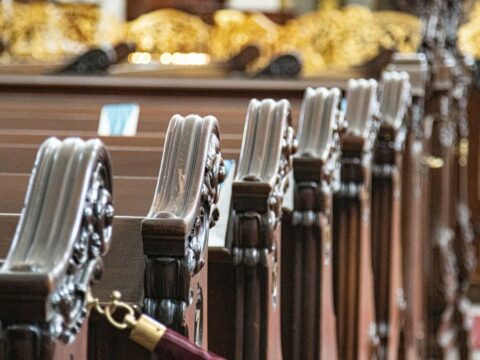Rev. Al Tysick, 78, is a longtime advocate for homeless people in Victoria. For many years, he ran the Open Door, an inner-city ministry that later became Our Place Society. He also founded the Dandelion Society, a street outreach organization that specifically supported some of Victoria’s most vulnerable unhoused people. Earlier this year, Wipf and Stock published Tysick’s memoir, Muddy Water: Stories from the Street.
In 72 short vignettes, Tysick takes the reader for a walk around Victoria to see, hear and feel the many people who have become his “street family” through his years of outreach ministry. He spoke with Sherwood Hines about witnessing to people’s lives.
You may unsubscribe from any of our newsletters at any time.
On growing up poor and shoplifting for food:
I remember praying to God to put food in my mother’s cupboard. And then I woke up the next morning and nothing had changed. I realized I had to do something to help. I realize now that God is not out there, somewhere else, but within us. It is a weak and trampled God, but it is there. I did what I thought I needed to do to help my mother.
On seeing unhoused people as “street family”:
This comes from my theological background. Any one of these people could be my brother or sister. Looking at people this way puts a different responsibility on what I do. I have to listen to them. Talk with them.
On blaming the homeless:
We look at the guy behind the dumpster shooting up – if we look at all – and our first reaction is blame. We don’t look at the deeper issues. Where is society in all of this? We don’t think that if we reach out to the weakest in our society, the stronger we all become.
More on Broadview:
On struggling with hope and hopelessness:
Generally, we have been trained to have the “I”-oriented Protestant work ethic. It is a selfish way to organize society. Many times Jesus reaches out to the poor. We hear these teachings in church, and then we leave and go about our day. I am also human in this regard. I have days where I don’t want to be threatened or spit on. Some days I am judgmental. But we must meet people in their hopelessness and spend some time there with them. I saw a lady once offer her false teeth to a homeless man so he could eat an apple. That was so powerful.
Politicians and churches only get involved in the homeless issue when the problem gets too big. When a homeless camp appears, then politicians say they want to do something. Welfare cheques are like holding people’s heads in a toilet bowl. The cheque is nowhere near the poverty line.
On the future of church street outreach:
We are currently losing a United church a week in Canada. There is very little outreach run by the church now. That’s a real loss, especially for young ministers who want to do outreach. Government money is going to have to replace church money if we are going to support street people.
On writing “street scripture”:
Too many people leave holy scripture in the church. We need to listen to what the stories are on the streets and see how they are the teachings of scripture. Stories out there have so much depth, so many lessons to teach us. I try to help people hear these stories.
This interview has been condensed and edited for length and clarity.
***
Sherwood Hines is a writer in Bancroft, Ont.













